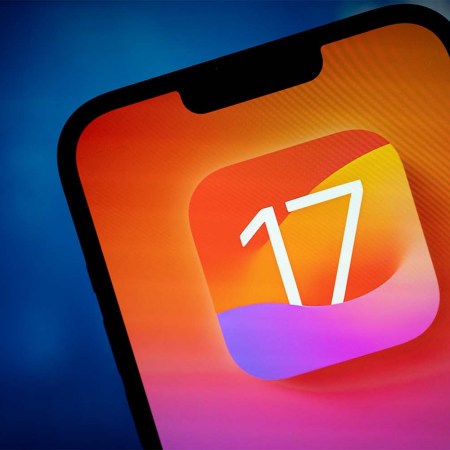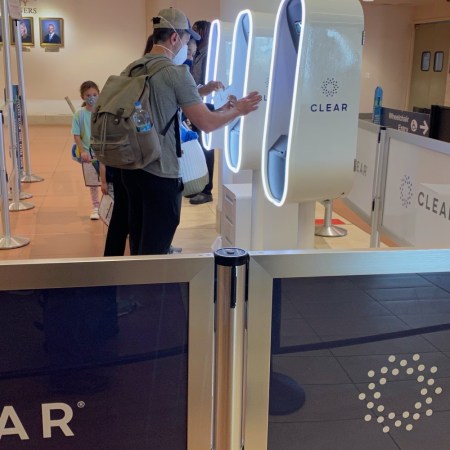According to a new exposé on The Intercept, more states and agencies are teaming up with the FBI’s Next Generation Identification (NGI) database as part of their Rap Back programs, which has zero to do with hip-hop and all to do with loss of privacy.
It’s bad news, even for you, lawful citizen.
Rap Back (that’s the Record of Arrest and Prosecution Background, if you want the long version) is a way to keep tabs on employees who might run afoul of the law, which goes well beyond the initial background check. Ostensibly used to track “persons of trust” (school teachers, daycare workers), states and agencies are free to feed these background checks into NGI system, which “provides the criminal justice community with the world’s largest and most efficient electronic repository of biometric and criminal history information.”
Essentially, this gives states and the federal government the right to track you indefinitely and (probably) inaccurately.
“I’ve never done anything wrong, go ahead!” you yell.
Hmm. Let’s count the problems with the system, beyond 24-7 monitoring:
Your fingerprints are now federal property
Instead of returning or destroying any fingerprints it collects, the FBI now retains all prints it receives from companies — indefinitely. Even if you’ve done nothing wrong. According to The Intercept, “There are no laws preventing the FBI from using the data it collects for other purposes”… like, say, using those prints to open up private smartphones.
Your face is now in the FBI database
Because most companies send it in with their background check and there’s nothing stopping them.
Your health care might depend on this loss of privacy
Due, in part, to language in the Affordable Care Act, Congress could require states to enroll in Rap Back to receive health funding.
Gun owner? Immigrant? Teacher? Abused spouse? You’re on the list.
Surprise, list of people normally not grouped together! A number of different licenses, programs, professions and previous interactions with the law (yes, even as victim) could be placed in the Rap Back system depending on the state’s wishes, and “trigger” notifications to your employer or authorities.
Still not worried? This is the big one. These records MIGHT not be accurate.
We’ve been down this road with the Terrorist Watch List. The Rap Back program depends on info shared among several government agencies, and there’s up to a 50 percent chance an arrest record might not include the final verdict (conviction, acquittal, etc.). You were caught up as a journalist covering a riot, and all charges were later dropped? Better hope that last part made it through.
This article was featured in the InsideHook newsletter. Sign up now.























